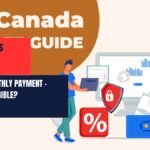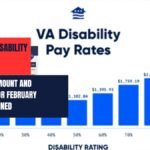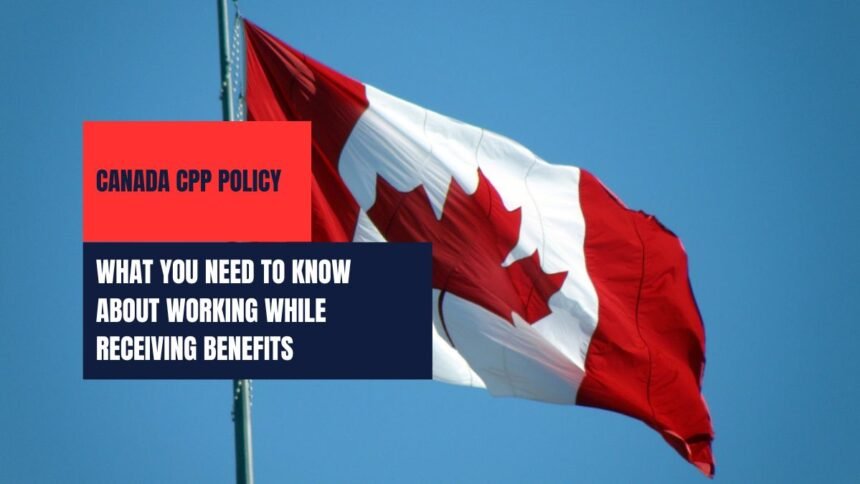If you’re working while getting CPP (Canada Pension Plan) benefits, it’s important to understand how this affects your pension and contributions. Here’s a simplified guide to help you navigate this situation.
What is CPP?
The Canada Pension Plan (CPP) provides monthly payments to Canadians who are retired or disabled, and to the families of deceased contributors. CPP benefits are based on how much you’ve contributed during your working years.
CPP Contributions
CPP Contributions start when you begin earning income, usually from the age of 18. These contributions are deducted from your salary if you work for an employer. Both you and your employer pay an equal share. If you’re self-employed, you are responsible for paying the full contribution amount.
The contribution rate in 2023 is 5.95% of your earnings, and this is matched by your employer. Contributions stop once you reach the age of 65, but you can choose to continue working and contributing if you wish.
Working While Receiving CPP
Working while receiving CPP is allowed and can be beneficial. When you keep working and contributing to CPP after you start receiving benefits, your future pension amount can increase. This is because more contributions can potentially lead to a higher pension when you finally stop working.
Here are some key points to keep in mind:
| Aspect | Details |
|---|---|
| Increased Contributions | Continuing to work and contribute can increase your monthly pension amount. |
| Tax Implications | CPP benefits are taxable. You must file a tax return, and it’s advisable to get help from an accountant. |
| Retirement Age | Standard retirement age is 65. Delaying beyond this age can result in higher monthly payments. |
| Global Benefits | CPP benefits are available even if you move abroad. |
What Happens If You Keep Working While Getting CPP?
Continuing to work while receiving CPP benefits means:
| Factor | Impact |
|---|---|
| Increased Pension Payments | Your monthly pension could grow with continued contributions. |
| Tax Responsibility | You’ll need to handle taxes on your CPP benefits and income from working. |
| Global Benefits | CPP benefits are available even if you move abroad, providing flexibility. |
Managing CPP Benefits
To manage your CPP benefits effectively:
| Action | Details |
|---|---|
| Create a My CRA Account | Use this account to view and manage your CPP contributions and benefits online. |
| Check Your Information | Ensure all your personal and banking information is up to date to avoid issues. |
| Consider Your Beneficiaries | Update your will with details on who will receive your benefits if something happens to you. |
Conclusion
In summary, working while receiving CPP benefits can be advantageous. It allows you to increase your pension payments and continue to contribute to your future financial security. Be aware of the tax implications and make sure all your information is current. This way, you can enjoy a comfortable retirement with the support of CPP.
FAQ’s
Can I continue working while receiving CPP benefits?
Yes, you can continue working while receiving CPP benefits. Working and contributing to CPP after you start receiving benefits can potentially increase your future pension amount.
Do I need to pay taxes on my CPP benefits?
Yes, CPP benefits are taxable. You will need to file a tax return annually and may benefit from consulting an accountant to ensure accurate reporting and avoid issues.
What should I do if I move abroad while receiving CPP?
CPP benefits are available even if you move abroad. Make sure your contact and banking information is updated in your My CRA Account to continue receiving payments without issues.





